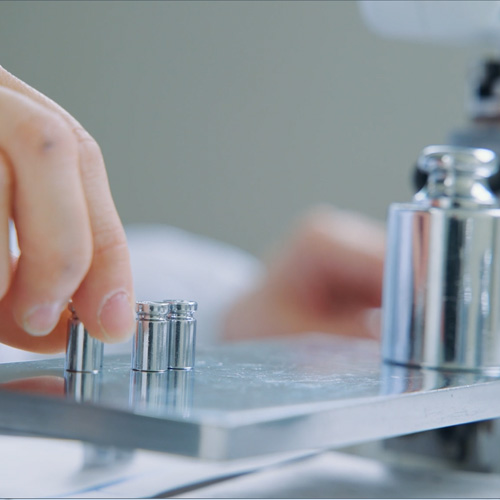What is "Body Water" and "Edema"?

You may be familiar with the saying "the human body is mostly water". The specific percentage varies substantially by age, gender, fat level, and other factors, but overall, it is indeed true that we have a lot of water in our body!
Is it possible then to have "too much" body water? Yes indeed, but it is important to understand what specifically this means, to help maintain a healthy body water balance.
Body water is divided into "Intracellular Water" (the water inside your cells) and "Extracellular Water" (the water outside your cells). Add the two together, and you get "Total Body Water", which is all the water in your body.

Muscle is very high in water content - as such, people with high amounts of muscle will have more body water compared to those with less muscle. So do muscular people have "too much" body water? No, because when someone has "Edema" or "Excess Water", that is referring specifically to "Extracellular Water", and not "Total Body Water". Under normal circumstances for healthy people, about 2/3 of body water is stored within the cells, and the remaining 1/3 is outside the cells.
(more precisely, Intracellular Water / ICW is about 61-64%, and Extracellular Water / ECW is about 36-39%)
The body normally will automatically regulate this body water balance, but when the body is unable to remove excess water and too much fluid is trapped in your body's tissues (retaining more water than it excretes), that is referred to as "Edema".
While Edema can occur anywhere in the body, it tends to be more common in the lower body. This can happen for many different reasons, including but not limited to consuming too much sodium, injuries (such as a sprained ankle), hormonal changes, medication side effects, and various medical conditions such as renal disease. When this occurs, a person may feel their extremities in particular are a bit puffier than normal.
Before moving further, it is important to recognize the difference between temporary excess water, and chronic edema. Temporary "excess water" (again: referring specifically to excessive Extracellular Water, not Total Body Water) may cause some fluctuation in your weight, swelling in the feet and ankles, puffiness, and possibly some pain, and such symptoms typically disappear within a few hours or days as your body returns to normal balance.
However, if such symptoms persist for an extended period of time, it may be a sign of more severe issues and a more detailed health check is recommended, because it could be a sign of chronic Edema, which is generally caused by other health conditions.
Identifying Edema
Most people observe they have excess water by identifying the symptoms above. A common simple test that is used is simply to press a finger on your skin (typically around the ankles) and see if the shape of your finger holds shape on your skin for a bit longer than normal.
If possible, measuring body water through methods such as Body Composition Analysis to receive a baseline level (what's "normal" for you) is a good idea. By knowing what is normal for you, you can then track changes over time and identify abnormality more easily through regular scans.
How can I reduce excess water?
Chronic Edema caused by illnesses generally cannot be resolved easily through simple lifestyle changes. But for mild temporary cases, there are ways to make it easier to maintain a balanced body water level, including:
- Exercising regularly
- Drinking enough water throughout the day
- Refraining from consuming excess sodium
- Getting enough rest

Summary
It's normal for your body water to fluctuate, just as it's normal for your weight to fluctuate throughout the day as well. Temporary changes are relatively common, and are oftentimes resolved naturally with time or a return to a more healthy lifestyle. However, if symptoms of Edema persist and are also confirmed by Body Composition scanning, it may be a good idea to contact a professional for further advice!




